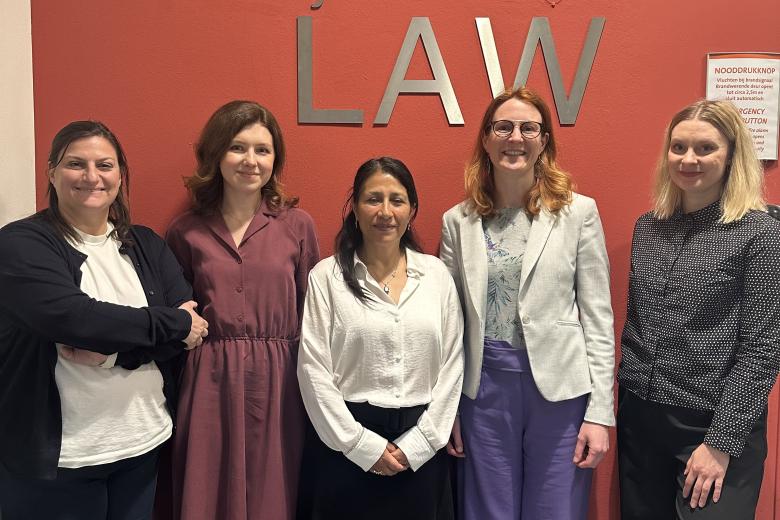The concept of necessity in WTO Law: lessons from and for the other fields of international law
This research investigates whether coherence can be maintained in the concept of necessity across different fields of international law.
Various fields of international law differ along many lines. There are also some concepts that have different meanings in different fields of international law. The proliferation of fields of international law carries with it the risk of fragmentation in international law. In a 2006 report, the International Law Commission observed that coherence can be maintained in international law despite such increase in fragmentation.
It bases its analysis on the concept of necessity in the law of the World Trade Organization (WTO) as compared with the concepts of necessity in other fields of international law, especially that in customary international law (CIL). It then examines if there is a potential for these two key concepts of necessity to learn from (i.e., interinfluence) each other. As such, this research aims, among others, to contribute to the scholarship on the fragmentation and coherence of international law.
Click here for the full dissertation.
Click here for the live stream.
Also read
-
Globalisation & Law Network seminar with Rodrigo Vallejo Garretón
On 4 July 2025, the Globalisation & Law Network had the pleasure of welcoming Dr Rodrigo Vallejo Garretón, Assistant Professor in Private Law at the University of Amsterdam.

-
Maastricht Montesquieu Institute (MMI) to be discontinued as of 1 September 2025
MMI to be discontinued as of 1 September 2025; research continues elsewhere.

-
Globalisation & Law Network seminar with Christine Frison and Adriana Moreno Cely
On 15 May 2025, the Globalisation & Law Network held a seminar featuring Prof.dr. Christine Frison and Dr Adriana Moreno Cely (University of Liège), who presented their forthcoming article ‘Navigating Chaos: Decolonial and Feminist Methodologies in International Biodiversity Law’ (co-authored with...
